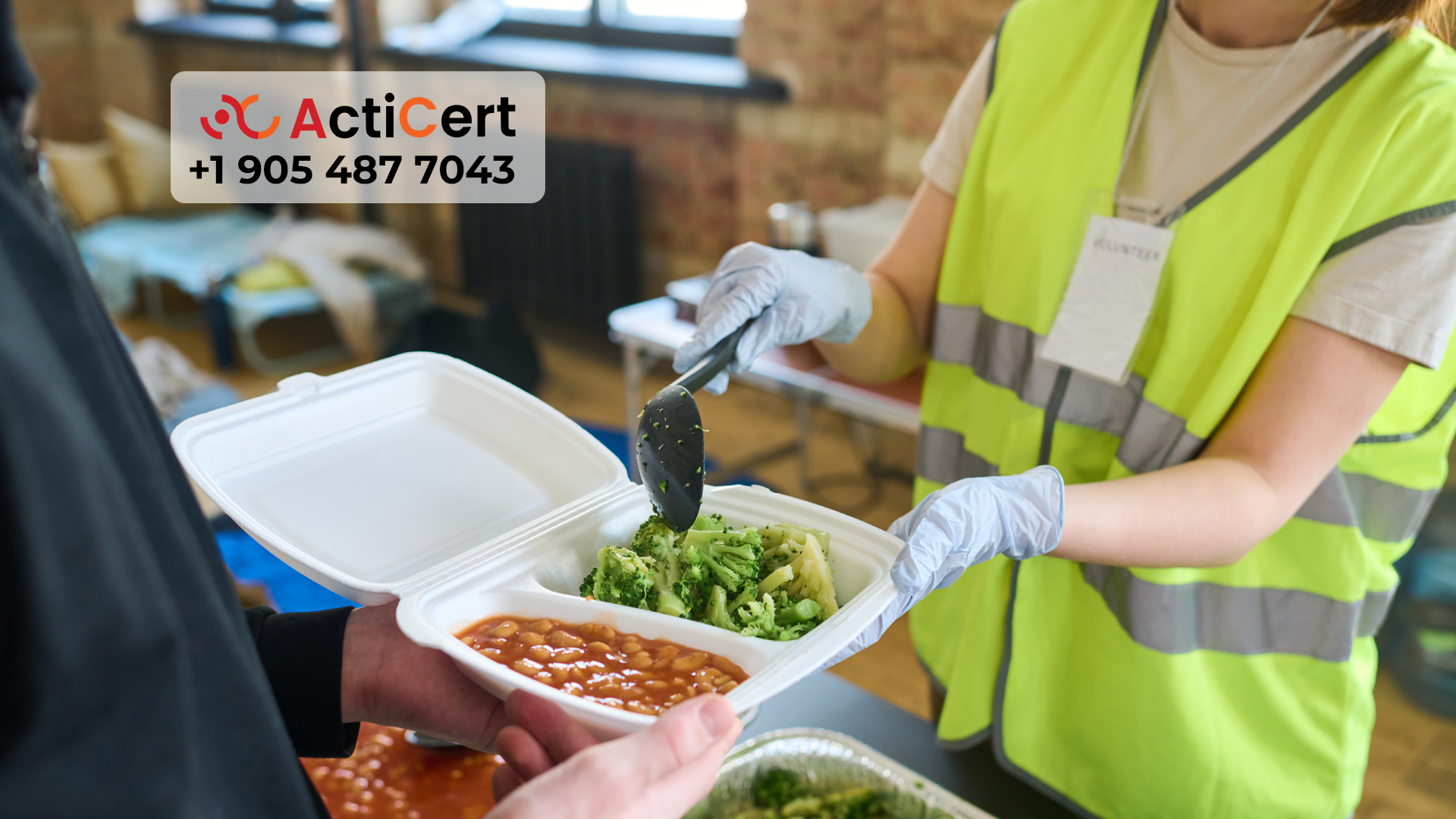
THE SIX PACKS OF FOOD SAFETY
Food Safety is an important topic of discussion worldwide. The quality of your food determines the level of your health. The most important thing it determines is the quality of your overall health. For this reason, eateries, restaurants, motels, and hotels prefer to hire certified safe food handling experts. The implementation of concepts related to food safety helps their business reach the next level of growth and success on the business front.
Food industry witnesses millions of medical cases every year due to food-borne illnesses. More than 42,000 people die because of food-borne illnesses, says a WHO Report. Prevention against food-borne illnesses is the only key to prevent food-borne illnesses.
Safe food handling benefits your customers’ health. The most important thing it benefits is your food business’s overall health. Even people and animals exposed to Microbes that play havoc with the food. For this reason, food safety principles matter.
This is something you are about to learn today.
Food Safety Principles:
Any action or activity performed to safeguard food items falls in the category of food control measures. These measures further have three different categories:
- Prerequisite Programs (PRP).
- Operational Prerequisite Programs (OPRP).
- Critical Control Points (CCP).
These measures go on to become the base of principles used to ensure safe handling of food items worldwide. Explained and listed below are these food safety packs:
Personal Hygiene
This is the first and most important principle and is taught to food professionals during the training period. It is a combination of hand washing techniques, wearing clean and protective clothing, trimming nails, keeping hair tied back nicely and regularly, and resting at home instead of working with food items during illness.
All food safety certificate holders wash their hands regularly using plain soap and water. They value scrubbing the following nicely:
- The backs of their hands.
- Between their fingers.
- Under their nails.
They rinse and dry their hands.
Washing hands before, during, and after cutting, handling, storing, and cooking food is also an essential part of their hygiene to ensure safe food handling all the time.
Prevent Cross Contamination of Food Items:
Cross-contamination of food items is one of the biggest reasons for food-borne illnesses worldwide. Many people commit this mistake because of a lack of awareness about the harm such a food-handling practice causes to the health of their families and customers.
Such a mistake can be prevented using the following safe food handling practices:
- Value using cutting boards for fresh produce or food items that are not likely to be eaten before they are cooked.
- Use new plates for meat, poultry, and seafood. Use different plates and utensils for food items that are cooked or raw.
- Always keep certain food items separate from other food items. Keep certain food items packed in plastic bags.
Time And Temperature Control Practices:
Cooking to the right temperature for the right duration of time is another thing a food safety certificate holder must know about. Measure the temperature of cooked food items using a thermometer.
Make sure your food items have reached the right temperature. Don’t touch the bone, fat, or grizzle while measuring the temperature of your food. All food items are cooked to safety when the temperature rises enough to kill harmful bacteria available in them.
Make sure your food items are hot once the cooking process is over. The temperature of all cooked food items must be 40°C or more. The maximum temperature should be 60°C. The temperature of all food items microwaved must be 74°C or more.
Always refrigerate or freeze perishable food items within 2 hours.
Value Proper Food Storage Practices:
Food safety courses stress various things. This is one of those major aspects.
- Value cleaning surfaces and counters and tools and utensils between uses.
- Appropriate packing of food items is necessary.
- Appropriate labelling and dating of food items is also necessary.
- Always store raw food items below-cooked food items.
- Always store foods using suitable covered containers.
- Store high-risk food items with special care.
- Temperature and humidity control is also important.
These are some things experienced food safety certificate holders suggest you to store food items.
Value Cleaning And Sanitation:
Keeping food items perfectly clean is extremely important to keep food items safe. The sanitization of tools and utensils used to cut or store food items is also equally important. You can constantly achieve this incredible feat using the following tips:
- Prefer the use of natural cleaners instead of chemical-based cleaners.
- Store all cleaners appropriately.
- Wash and dry hands immediately after the cleaning process.
Ensure regular cleaning and sanitization of food cooking and storage facilities.
Pest Control:
It is one of the top 10 safe food-handling practices worldwide. The flawless and regular implementation of the best pest control practices in food manufacturing or storage units is a must. You must remain vigilant all the time.
It is because the life forms that enter the manufacturing or storage unit get enough warmth/cooling, air, water, food, and safety from predators to proliferate. For this reason, food business owners need to clean their food manufacturing and storage units regularly to help ensure the prevention of pests, harmful bacteria, and contaminants.
These are some food safety principles that you must follow under all circumstances. These principles can help you keep your food items safe.
What is more important is that your business will remain safe, compliant with food safety regulations, and in the good books of your customers.
You can learn the art of implementing these principles through the ActiCert food safety certification course. Do you want this certification? Enrol now!